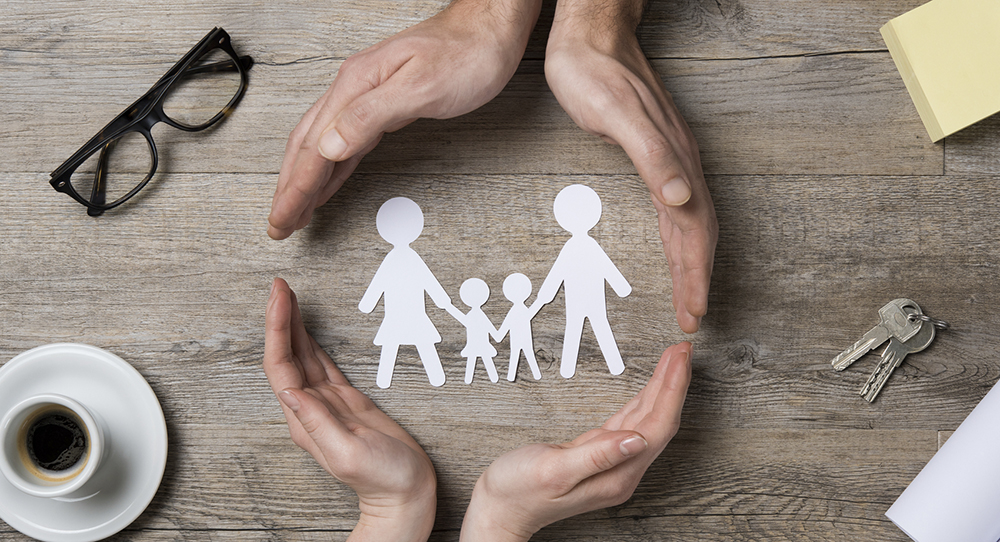Finding your self: genetic identity
Our sense of self underpins confidence and wellbeing – who we are, what we do, where we belong. But what if these things are not clear or if life undermines them? In the final of our series, Ellen Tout speaks to Dr Joanna Rose

Conceived through anonymous sperm donation, Dr Rose campaigns for the rights of the donor-conceived. Her case before the High Court helped to end donor anonymity in the UK, but she hasn’t been able to locate her biological father.
‘My genetic identity wasn’t talked about for the early years of my life. The words ‘donor conception’ were used loosely when I was eight, but the fact that I had a genetic father and paternal family wasn’t spoken of.
I was raised in a primarily Jewish family, where our ancestry and genetic heritage were celebrated, and I felt confused by not looking more like my relations. It didn’t feel like a comfortable thing to discuss. I would liken the journey of trying to understand and liberate myself from that to a ‘coming out’ process.
The turning point for me was when I spoke at a conference and sat next to a donor. I thought, this is a real person, and joked, ‘You could be my father.’ As I stood up to talk to the audience, I felt dizzy. It was like falling through a trap door and realising I hadn’t explored something I needed to.
That night, I woke up in a sweat. I realised I had two fathers and one didn’t look like the dad who raised me. I ran to a mirror and started playing with my hair to make a beard and moustache. I tried to visualise for the first time what my genetic father would look like.
I then became very proactive and public about my identity. I think most people thought it was in my best interests to discourage me, but it was terribly important and freeing for me to explore it.
My brother, who was conceived from a different donor, started the process of trying to find our records, then passed it on to me. It was very liberating to win the High Court case establishing that everyone has the right to their genetic identity. It led to a ban on anonymous donation and there’s since been a voluntary, retrospective register set up.
I often think about my genetic father and family. For me, they’re equally significant, except that they’re a mystery to me. I feel a sense of longing and loss, particularly at not having closure.
It’s been amazing having my own children and seeing so many features in them that I’ve always felt alienated by, because I’ve never seen them in anybody else before. They’re like me in so many ways. The importance of family is really powerful for me.’
Interview: Ellen Tout
Photograph: iStock








